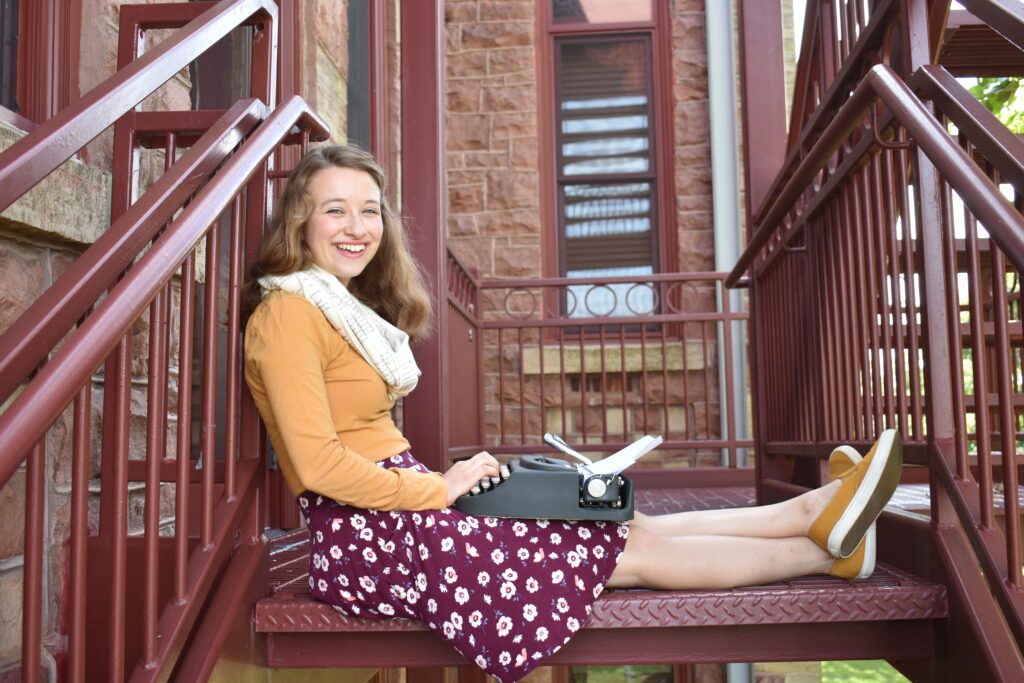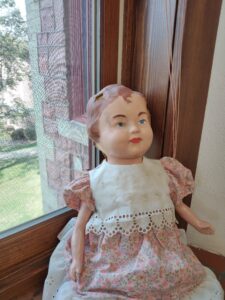Sunny Side Up

Classics: What They Should Have Been Called
Most people can rattle off the titles of several classic books, whether they’ve read them or not. But would a book by any other name sound as sweet? Here’s a quick look at what classic titles might be like if they were supposed to be honest instead of catchy.
They’re Literally all Losers, but at Least it’s a Good Metaphor
By F. Scott Fitzgerald (The Great Gatsby)
Everything is Gloomy until Finally the Dude Learns His Lesson and They Get Married (Oh but He’s Blind Now)
By Charlotte Bronte (Jane Eyre)
Man Turns into Bug. Bug Dies.
By Franz Kafka (The Metamorphosis)
Great Expectations but the Ending Lets Everyone Down
By Charles Dickens (Great Expectations)
A Lot of Awkward Dances to Fill Time Until All the Sisters End Up with a Guy, Except Mary
By Jane Austen (Pride and Prejudice)
Nothing Happens Until the Very End
By Nathaniel Hawthorne (The Scarlet Letter)
This is Going to be Great Material for Movies Once People Invent Movies
By Louisa May Alcott (Little Women)
The Only Memorable Part is a Nonsensical Quotation
By Shakespeare (Hamlet)
A lot of Blood until They Finally Compare Notes and Figure Out the Obvious
By Bram Stoker (Dracula)
A Book About Some Dudes with a Cool Last Name
By Fyodor Dostoevsky (The Brothers Karamazov)
I Really Need to Come up With More Creative Titles
By Fyodor Dostoevsky (Crime and Punishment)
Children are Monsters in Disguise
By William Golding (Lord of the Flies)
An Entire Book about a Man Trying to Kill a Creatively Named Whale
By Herman Melville (Moby Dick)
Life can be Miserable and Very Dusty
By John Steinbeck (The Grapes of Wrath)
Instead of Making People Read a Really Long Book, I’ll Just Give it an Obvious Title so Everyone can Pretend they Know the Plot
By Leo Tolstoy (War and Peace)







